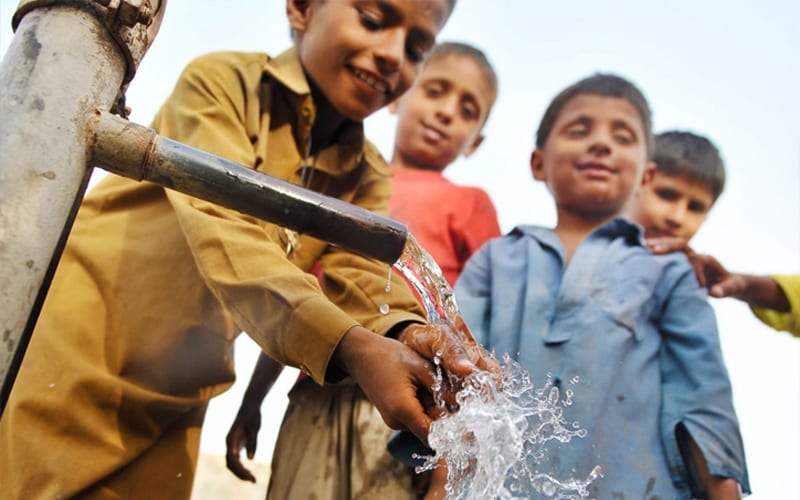Water wells in South Africa

The Situation
Since 2015, South Africa has experienced severe water shortages. Climate change causes rainfall delays that eventually decrease dam levels, leading to droughts within the country.
One report stated that in 2008 about 5 million people in South Africa lacked access to water and 15 million lacked access to basic sanitation
The government has been slow to respond in the region, resulting in many relying on international assistance.
5 million people
in South Africa lacked access to water
How you can help?
IDRF, in partnership with local communities in South Africa, is addressing these ongoing issues by building water wells.
$11,000
Build 1 borehole water well
Frequently Asked Questions
What are Boreholes?
In South Africa, boreholes are a reliable source of clean drinking water. The boreholes that will be constructed will be at a depth between 100 to 130 meters. The main advantage of a borehole is that it is possible to penetrate the aquifer to a greater depth ensuring a reliable supply in times of drought or high usage.
What is the difference between a well and a borehole?
Typically, a borehole is drilled by machine and is relatively small in diameter and a well is usually sunk by hand and is relatively large in diameter. Of course, there are machines to sink large diameter wells and there are tools and equipment to drill boreholes by hand, but for all intents and purposes, the above description is applicable to South Africa.
What is the expected time of completion?
You can expect a final report regarding the completion of your water well 12 months from the day funds are released to IDRF. This report will include photos of your well in action, along with other significant details.
Where are these projects conducted?
In the Kwazulu-Natal Region in South Africa.
Are these wells Zakat eligible?
No. Water wells cannot be deemed zakat eligible due to the fact that these wells are used by a community of people, and we cannot provide “ownership” to one individual.


